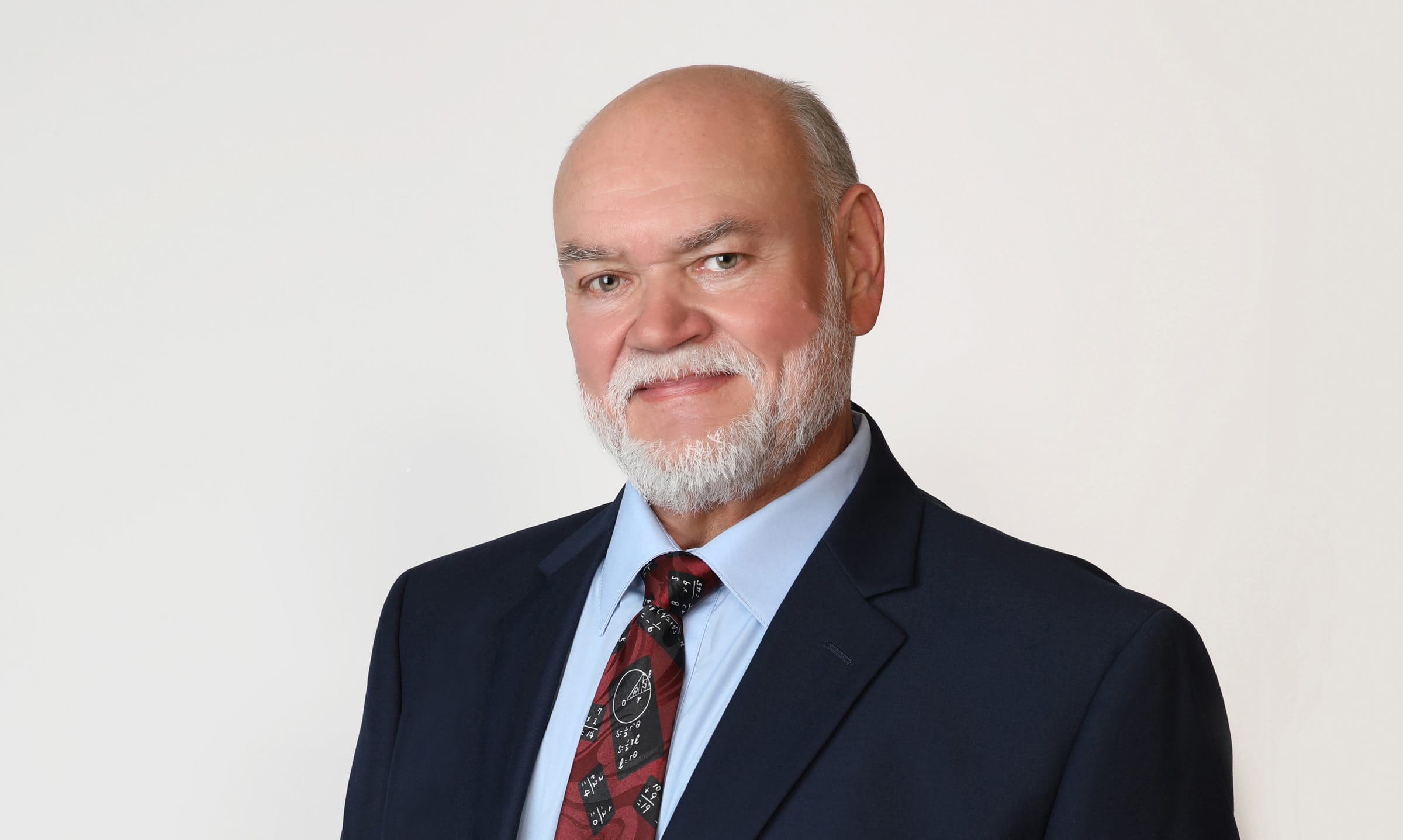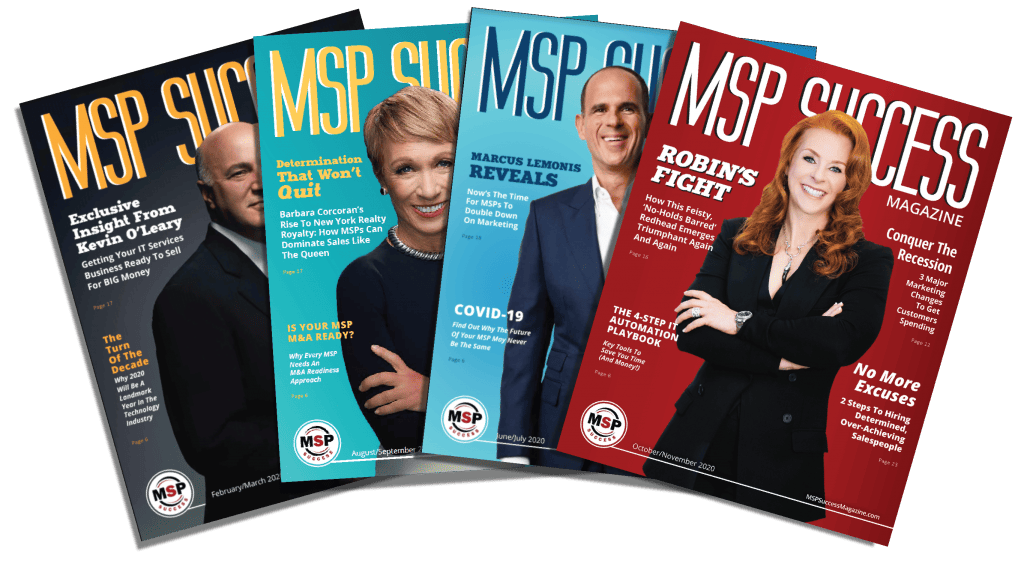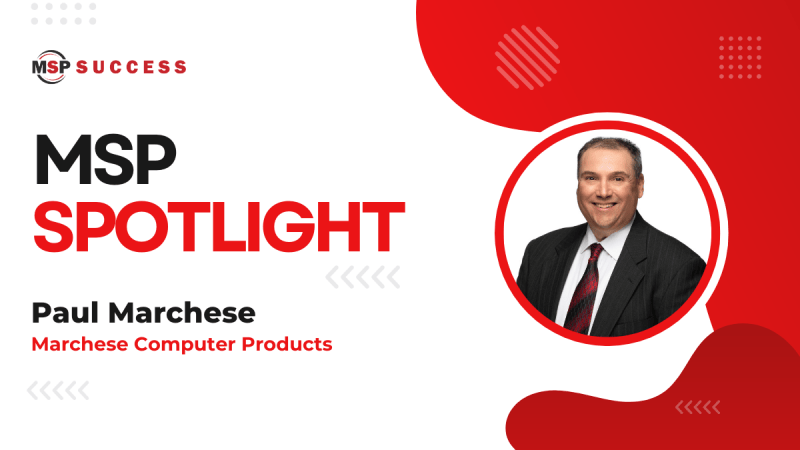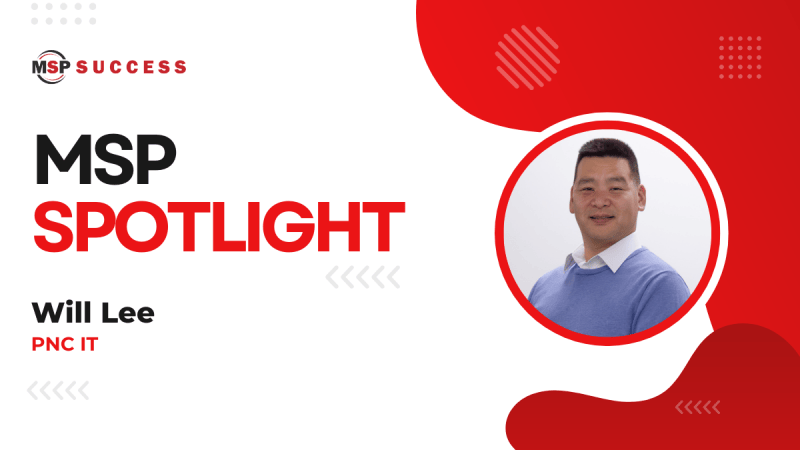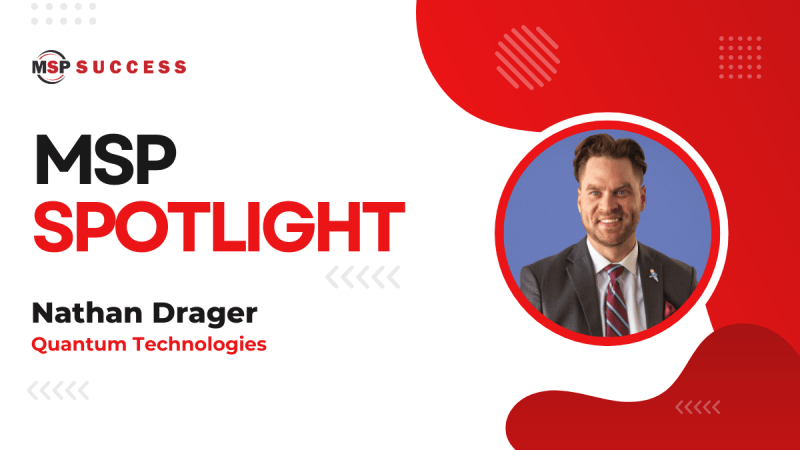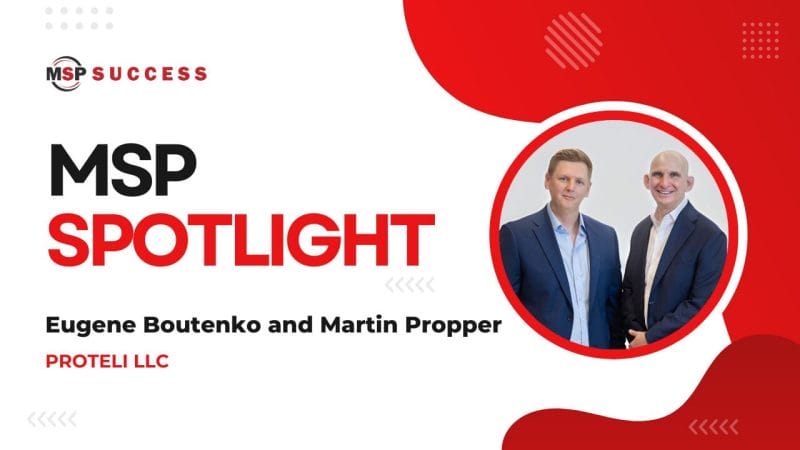In the 1960s, watching the Apollo mission land safely back on Earth was the highlight of the decade. Michael Duke remembers being glued to the glass television screen, fascinated that human minds – like Katherine Johnson – could help calculate a spacecraft’s trajectory into orbit around Earth, and man’s first steps on the moon. Kids like Michael watched as the sky was no longer the limit: they could shoot for the stars.
Michael spent hours in his dad’s TV repair shop doing homework and untangling wires. “My dad used to test the circuitry by putting his finger on it to see if energy was flowing through a certain area,” Michael recalls. “I touched his shoulder, and I could feel the shock running up his arm.”
His dad yelled at Michael for playing with the soldering gun and using up all the solder. But they both reveled in those hours together. Like his father, Michael had a logical mind and a hands-on spirit. Together, they watched technology change the world. Men were on the moon, televisions moved from tubes to transistors, and computers were the future.
One afternoon in the shop, Michael’s dad told him, “If you’re going to do something, go into computers. That’s where the future is going to be.” Michael says, “He even believed cars would drive themselves.” Michael admires his father’s foresight – he was right on both counts.
Men Were On The Moon And Computers Are The Future
When Michael’s mother saw an ad in the newspaper – “Computers are the future and we need programmers! See if you are qualified!” – she signed him up for an aptitude test at a trade school called Control Data. Michael’s high scores in logical thinking weren’t a surprise – he’d always preferred things a certain way and he excelled in mathematics. But the school cost money, something Michael didn’t have a lot of, so he became a professional driver, working as a city bus driver, a long-distance freight trucker and eventually as an owner-operator, traveling cross-country.
When an opportunity arose to transfer to the trucking company’s office and learn computer programming, Michael took it. He managed the mainframe for a 300-truck business. Eventually he was hired by IBM to work on mainframes. “Some people read novels, I read manuals,” jokes Michael. “IBM had bookshelves of books. They didn’t teach why you did it, but if you needed to do something, it showed you how to do it, in little pieces.” Michael read volumes of books and taught himself early programming and computing.
Then came the PC.
“At first we thought it’d go away in a couple of years, but it didn’t,” laughs Michael. With programming packages coming out to consumers, there was less need for custom programmers like Michael, so he got involved in servers and networks. While working at a software house for Anheuser-Busch distributors, he decided to get a formal education in programming at UCLA, but Michael ended up doing more teaching than learning.
“There was a teacher in the class, and as he was lecturing, I was thinking to myself, he’s not teaching this right, that’s not exactly the way it works,” Michael recalls. After class, he brought up his concerns to the teacher. The teacher responded, “You shouldn’t be taking this class – you should be teaching it.” Michael got a teaching credential and, for four years, taught programming at a community college. Eventually he wanted to be back in the field, and in 1988 he founded a software company called Custom Software International.
Small Businesses Wanted In On The Tech Boom
Technology innovations defined the 1980s. PCs, smaller workstations and client-server systems slingshot business into the future – if they had the resources to do it.
Michael had already been putting mainframes together, replacing drives and running diagnostics for IBM. Shifting from mainframes to servers and workstations was easy. “I knew that I could put machines together. So, we started putting servers together for smaller companies. Before, they couldn’t afford a big IBM mainframe that may cost $50,000, $60,000, $100,000,” says Michael. “We helped them get a server that cost $5,000 to $10,000.”
But the cost is only part of the solution. Workstations needed regular updates, data had to be backed up securely and they needed to understand new terms like “cyber security.”
“The need was there for small businesses that didn’t have all the resources that the mainframes did. I provided them with the services and tools they couldn’t otherwise get on their own,” says Michael. His clients were growing and so did Michael’s business. He was adding more services and support, so he changed the name of his business to Just Smart Business Technologies.
Maybe it’s because he grew up watching everyday heroes like Katherine Johnson do the impossible, but being the “good guy” became part of his ethos. “I enjoy helping people. You’re (usually) their hero; they’re happy to see you because you’re going to solve their problems,” says Michael. “I like being the good guy.”
Why You’ll Never Get An Answering Machine
Being “the good guy” is important when a barrage of attacks from online criminals threatens clients. “Hackers don’t care if you’re a small company or a big company. If they can get in and hurt you and take your money, that’s what they’ll do,” Michael says. Many of JSBT’s clients are uniquely vulnerable to attacks. If medical institutions go down, lives could be on the line. A fast-growing law firm or CPA needs to trust that their network is reliable and fast – and they need someone who knows the business.
“When people are in a panic, the last thing they need is an answering machine,” Michael says. “We try to answer live, but if we can’t, we have a help desk staffed with 75 to 80 technicians who are available to help 24/7.” Michael knows his clients well. They tend to have problems right in the middle of payroll, or during the end-of-year process.
Emergencies are to be expected, and Michael’s team is always ready. “I may look small,” he says, “but I have big things backing me up.” Besides analyzing and improving network performance, Michael’s team is experienced in PCI, HIPAA, CMMC, AICPA and other industry-specific compliance.
Always Go The Extra Mile
In between testing tubes, soldering old parts and unbuttoning the heavy backs of televisions, Michael’s father had taught him an important lesson. “Always go the extra mile to keep people happy,” his dad said.
“Just spend a few extra bucks, make the customer happy and then you’ve got a customer that stays around,” says Michael. “Most of my biggest customers have been with me for 25 years or more. I’ve had people retire from business and I was their only IT partner. Longevity is key.”
Michael has 15 clients who have been with him for more than 10 years. He takes the time to do things right, and clients notice. He remembers the first time he met a client who managed a growing senior-living community. Michael told them his rates and they scoffed at the expense. They paid, but while Michael worked his first project for the client, he documented everything he did: every access point, switch and connection. Three jobs later, the client responded, “You’re worth every penny.”
“I did extra that I didn’t have to, to make his job easier,” says Michael. “I’ve been working with them for six years.” At the beginning of the relationship, Michael was micromanaged. Now they tell him, “Do it your way because we know that’s the right way.”
Michael thinks back to his father, who always kept a caddy filled with tubes for on-site repairs. Michael sees his reflection in the toolbox in the bed of his own truck today. In many ways, taking care of clients is the same as it was 50 years ago: do quality work and go the extra mile to build lifelong relationships. In other ways, being a leader in IT means looking to the stars, believing in possibilities before they happen.
Michael’s dad was right. Computers were the future, and they still are. Now Michael helps his clients safely reach new heights, with computers and humans supporting them along the way.
For more information on Just Smart Business Technologies, Inc., visit www.justsb.com.





